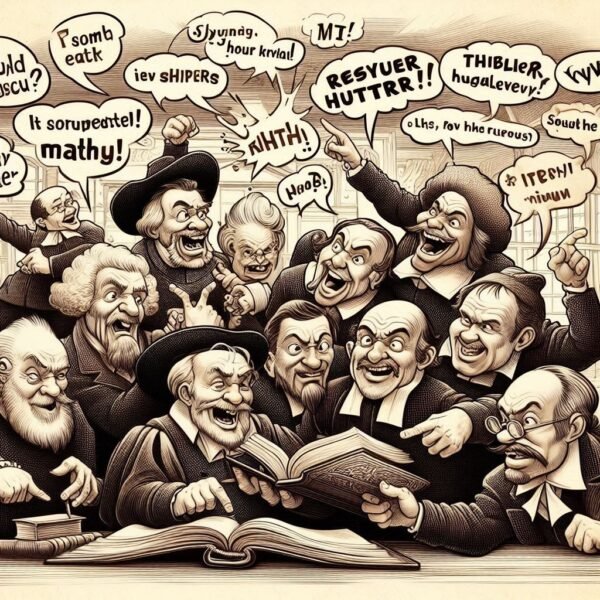Sometimes Power Comes to You to Insult You in History

The phrase “Sometimes Power Comes to You to Insult You in History” suggests a perspective on power as a double-edged sword—those who wield it may achieve great things but risk being judged harshly by history. It implies that power can expose flaws, provoke hubris, or lead to actions that tarnish one’s legacy. Historically, figures like Nero, who abused authority, or Napoleon, whose ambition led to downfall, faced such judgment. Even modern leaders, like those criticized for overreach or scandal, reflect this. Power amplifies scrutiny, and history rarely forgives missteps.
It brings to mind how oppressive systems or rulers often acknowledge people or movements only when they become a threat — and even that recognition comes with condescension or suppression. Kind of like when history books gloss over powerful resistance movements or reduce legendary figures to footnotes.
It really captures those moments in history where the acquisition or exercise of power seems to bring about humiliation, degradation, or even self-destruction for the individuals or groups involved.
It’s not always a story of triumph and glory. Sometimes, the weight of power, the methods used to obtain it, or the consequences of wielding it can feel like a profound insult to one’s values, integrity, or even humanity.
Think about leaders who betray their own ideals in the pursuit of power, or regimes that become so corrupt and oppressive that they ultimately destroy themselves. The very power they sought becomes the instrument of their downfall and a stark indictment of their actions.
Throughout history, figures in positions of power have frequently faced targeted insults from rivals, subordinates, and adversaries, often as a means of undermining authority or exposing perceived flaws. These exchanges reveal the tension between authority and dissent, with power sometimes attracting scorn as much as reverence.
The phrase “Sometimes Power Comes to You to Insult You in History” highlights how the acquisition or exercise of power often leads not only to glory but also to scrutiny, ridicule, and sometimes downfall. History remembers many powerful figures—like Nero, Napoleon, or modern leaders—for their missteps as much as their achievements. Power can magnify flaws, provoke criticism, or lead to betrayal of one’s ideals. It also reflects how authority often only acknowledges opposition when it becomes threatening, often with condescension or suppression.
Throughout history, political insults and biting critiques—from Churchill to Lincoln—illustrate how power attracts both reverence and mockery. These insults can challenge authority, expose hypocrisy, or reveal the fragility of those in charge. Ultimately, power can become an ironic burden—sometimes celebrated, sometimes humiliating, and often judged harshly by the lens of history.

